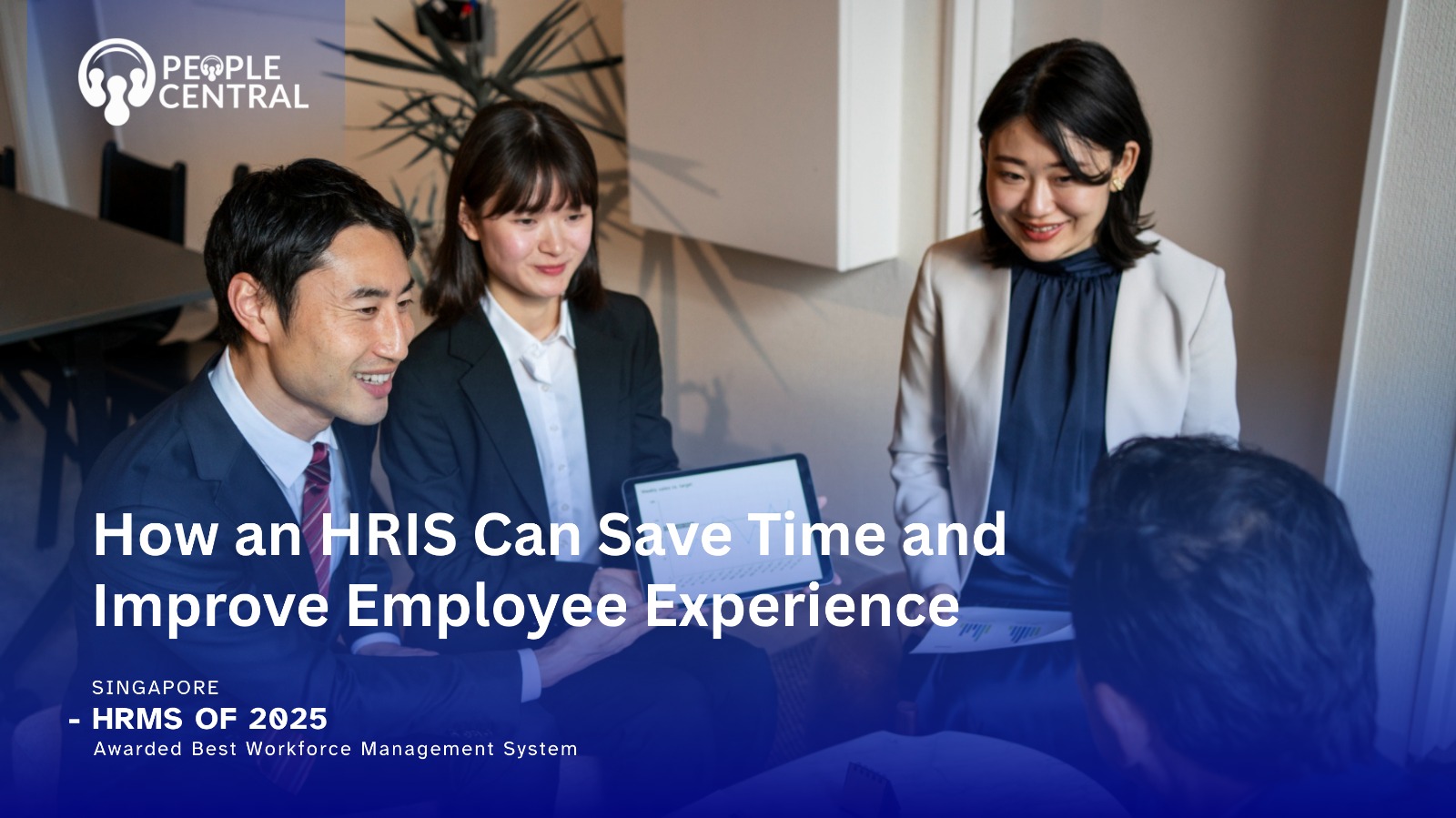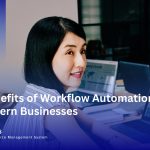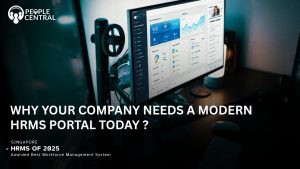Why do you think an HRIS (Human Resource Information System) system is so important in today’s business environment? It is because daily HR work includes managing operations, and there are a lot of responsibilities.
An HRIS helps in managing all the important HR functions like payroll, onboarding, and everything related.
When employees can access their information easily, also, when managers don’t have to submerge in their paperwork, or when HR has the tools to figure out the issues early, things change.
It increases trust, teams move faster, and people feel more supported. That is where the real impact of an HRIS starts to show.
In this article, let’s see how HR technology contributes to better outcomes for both HR teams and employees.
What Is an HRIS and Why Does It Matter
What exactly is an HRIS? It is a digital platform where all your employee information lives in one place. It helps HR teams keep everything organized.
An HRIS takes care of all of your important information and acts as a single source so that you don’t have to go through several spreadsheets to look for some information. It takes care of the time-consuming stuff so HR can focus on important stuff.
Just because of this, more and more companies are now turning to HRIS solutions to save time and create more empowering experiences for their teams.
Also Read: Top Benefits of Using AI for Human Resources in 2025
Book your free demo and see how we simplify HR & payroll.
Top Ways HRIS Saves Time for HR and Managers
- Automation of Admin Tasks
Let’s start with one of the biggest time-savers, automation. Modern HRIS platforms handle repetitive tasks like payroll calculations, tax filings, and benefits deductions automatically. - Centralised Data Management
Ever spent way too long digging through spreadsheets or trying to track down a paper file? With an HRIS, all your HR data lives in one central place. It makes things way more organized, reduces data entry errors, and honestly saves hours that would’ve been wasted hunting for documents. - Faster Onboarding
Here’s something every new hire appreciates: smooth onboarding. With digital workflows, people can fill out forms, complete training, and get set up before their first day. Glassdoor found that companies with solid onboarding processes improve retention by 82%. And according to UrbanBound, automating onboarding can cut the time in half. That’s a win for both HR and new employees. - Employee Self-Service
An HRIS also gives employees more control. They can update their own details, download payslips, or apply for leave, without having to go through HR for every little thing. One study showed that these self-service features can slash admin workloads by up to 60%. That’s a lot of time back for the HR team. - Workflow Automation
Then there’s workflow automation, things like leave requests or expense claims getting routed to the right manager instantly. No chasing, no confusion. That’s the kind of efficiency every business wants.
How HRIS Enhances Employee Experience
- Seamless Onboarding
First impressions really do count, don’t they? With an HRIS, onboarding becomes so easy. New hires get personalized checklists, automated welcome emails, and even early access to training materials, all before their first day. It makes people feel prepared and valued right from the start. - Empowerment Through Self-Service
It is quite obvious that people like to manage their own work. With HRIS, employees request time, check their attendance, and update any details. They want any time without having to email HR, repeatedly. - Better Communication & Feedback
Many HRIS platforms have tools for giving feedback, saying thanks, and running surveys. When people can share their thoughts and see how they are doing, it helps build better relationships and supports their growth over time. - Training and Career Development
Career growth matters, and a good HRIS makes it easier to support. Integrated Learning Management Systems (LMS) can suggest relevant courses and track progress. - Work-Life Balance
This one’s huge, being able to easily request leave or manage your schedule goes a long way in preventing burnout. When companies use HRIS tools to create clear, flexible time-off policies, employees are more satisfied and tend to miss fewer days. It’s a simple shift with a big impact.
Also Read: How Learning And Development (L&D) Help In People Performance
PeopleCentral in Action: A Real-World HRIS Solution
One platform that really shows what a modern HRIS can do is PeopleCentral. It is a cloud-based HR and payroll solution that’s trusted by thousands of businesses across Southeast Asia.
Here’s what makes PeopleCentral stand out:
Award-winning platform: First off, it’s not some generic HR tool; it actually won gold at the 2024 HR Vendors of the Year Awards in Singapore for best HR Tech for Gig Workforce Management. That is a pretty big deal.
Smart Technology: it has an AI assistant named ABBY who answers HR questions instantly. Plus, there is also an AI Signal Watch that keeps an eye out for anything odd in your HR data. It is super smart stuff.
Expense Automation: Submitting expenses with PeopleCentral is easy. Staff just need to snap a photo of a receipt, and the system’s OCR technology auto-fills the claim form.
The company has now integrated this feature with WhatsApp, and they are calling it Reme (Reimburse me). All you have to do is take a picture of the receipt and send it to Remi on WhatsApp. That’s it. The system picks it up from there, processes the claim, and once it’s reviewed, your reimbursement is on the way. How cool is that?
Big Brand Trust: It is not just SMEs using it. Big brands like DHL, Daiso Japan, Petron, and Bandai Namco are all onboard. In fact, over 100,000 employees across Singapore are already using PeopleCentral.
Government Support: Also, it is pre-approved under the Productivity Solutions Grant, so Singapore-based SMEs can get up to 70% of the cost subsidised.
Conclusion
At the end of the day, HRIS is a good and essential partner. It helps automate the busywork, gives employees more control, and allows HR to focus on real and important work.
The future of HR isn’t just about going digital; it’s about putting people first. And with the right HRIS in place, you are already on your way there.








 5
5


























